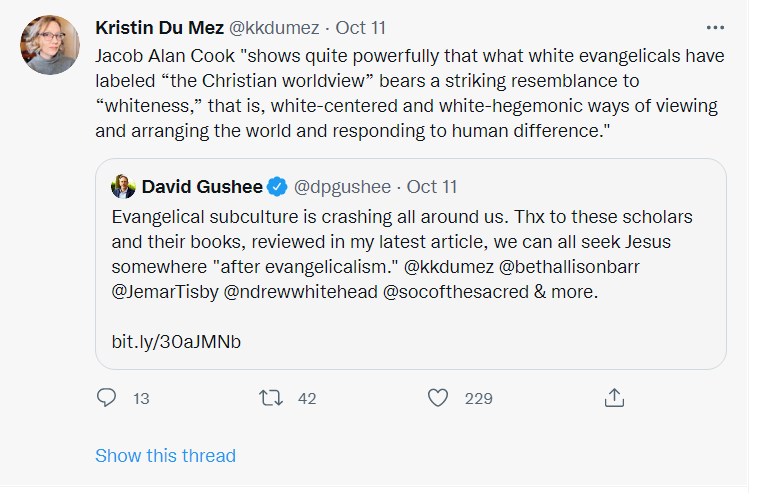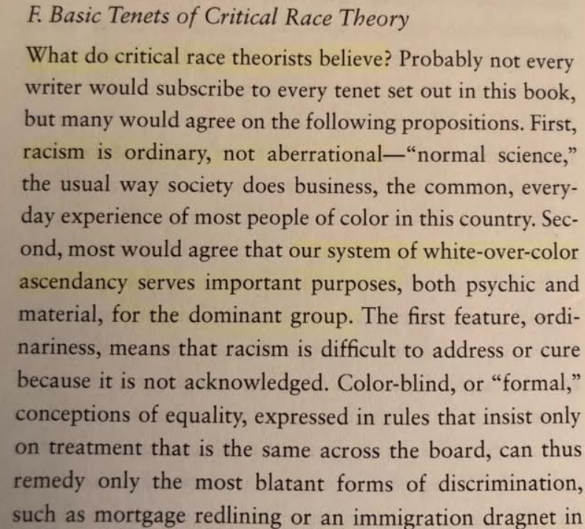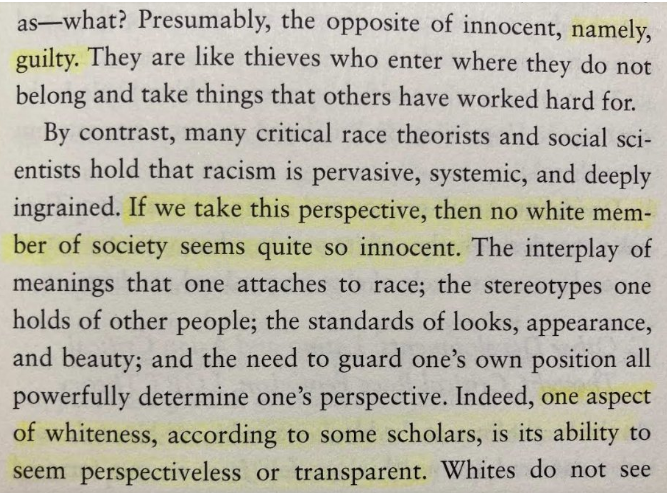
Thread on the evangelical "deconstruction project":
David Gushee was the first person to use this phrase to frame the work of Du Mez, Barr, Tisby, Whitehead, Perry, Jones, and Butler.
At the time, these scholars praised and retweeted his article. 1/



David Gushee was the first person to use this phrase to frame the work of Du Mez, Barr, Tisby, Whitehead, Perry, Jones, and Butler.
At the time, these scholars praised and retweeted his article. 1/




In his article, Gushee describes how these authors' works expose the fact that patriarchy, toxic masculinity, authoritarianism, Christianity, nationalism, anti-gay sentiment, Islamophobia are embedded in white evangelicalism. 2/
baptistnews.com/article/the-de…
baptistnews.com/article/the-de…
A month later, Jonathan Leeman wrote an article critiquing Gushee along with the books he mentioned for following postmodern methodologies "to expose the will-to-power hiding inside various truth claims." 3/
9marks.org/article/editor…
9marks.org/article/editor…
A few weeks ago, Eikon published my essay (which, for the record had been written independently over a month before) critiquing the same books for the same reason and specifically mentioning sexuality as one of the next dominos to fall: 4/
cbmw.org/2021/11/21/soc…
cbmw.org/2021/11/21/soc…
Prof. Mike Bird entered this conversation critiquing Leeman and myself for thinking "[Du Mez and Barr] are postmodern deconstructors, [but] we are biblical exegetes!" and urging us to realize that "American Evangelicalism is... driven by culture" 5/
michaelfbird.substack.com/p/cbwm-and-the…
michaelfbird.substack.com/p/cbwm-and-the…
I responded that if Bird thinks this approach to theology via sociology is appropriate, what's to prevent someone from deconstructing his own views on sexuality/gender identity as a mere cultural product of "cisheteronormativity"? 6/
shenviapologetics.com/a-friendly-res…
shenviapologetics.com/a-friendly-res…
Because the doctrine of human sexuality is a major concern to those of us who worry that this "deconstruction project" is a path to theological liberalism, Denny Burk asked Du Mez directly whether she believes homosexuality is sinful. 7/
https://twitter.com/DennyBurk/status/1464366936293138439?s=20
Rather than answering immediately, Du Mez responded with this 1,000-word essay, explaining why she declines to answer that question. 8/
kristindumez.com/resources/beca…
kristindumez.com/resources/beca…
Prof. Burk explained why this refusal to answer is both important and problematic. "It appears that she is treating homosexuality as if it were an issue that otherwise faithful Christians might agree to disagree about... That view is a grave error" 9/
dennyburk.com/crucial-questi…
dennyburk.com/crucial-questi…
Finally, Prof. Bird responded to me, repeating his suggestion that American Evangelicals need to have a "more self-aware, self-critical, and humbly chastened view of complementarian manhood, marriage, and ministry." /10
michaelfbird.substack.com/p/american-com…
michaelfbird.substack.com/p/american-com…
My question is why Prof. Bird didn't add "...and sexuality/gender identity" to his suggestion. Since "new glasses" enabled him to move from male headship (in 2012) to egalitarianism (in 2021), perhaps he needs new glasses to move beyond his "heteronormativity/transphobia?" 11/
I hope this thread helps catch people up. Tomorrow, I'll post a thread of my own reviews of the individual books mentioned: Du Mez's Jesus and John Wayne, Barr's Making of Biblical Womanhood, Whitehead & Perry's Taking America Back for God, Tisby's Color of Compromise, etc. 12/12
• • •
Missing some Tweet in this thread? You can try to
force a refresh











